عاجل
الحكومة تكلف بتدقيق أعداد اللاجئين في مصر وحصر تكليفتهم على الدولة
 رئيس الوزراء المصري يحذر المخالفين لإجراءات خفض الأسعار
رئيس الوزراء المصري يحذر المخالفين لإجراءات خفض الأسعار
 إسرائيل تستعد لهجوم بري على رفح بنشر المزيد من المدفعية وناقلات الجند
إسرائيل تستعد لهجوم بري على رفح بنشر المزيد من المدفعية وناقلات الجند
 الحرس الثوري: مستعدون لإطلاق صواريخ قوية لتدمير أهداف في إسرائيل
الحرس الثوري: مستعدون لإطلاق صواريخ قوية لتدمير أهداف في إسرائيل
 رسالة تقدير لأبطال خط الدفاع الأول لجهودهم في مواجهة السيول بالإمارات
رسالة تقدير لأبطال خط الدفاع الأول لجهودهم في مواجهة السيول بالإمارات
 الاتحاد للطيران تستقبل أكثر من 1.4 مليون مسافر خلال شهر مارس
الاتحاد للطيران تستقبل أكثر من 1.4 مليون مسافر خلال شهر مارس
 خطة لزيادة إنتاج الطاقة الشمسية في أبوظبي إلى 7.6 جيجاوات بحلول 2030
خطة لزيادة إنتاج الطاقة الشمسية في أبوظبي إلى 7.6 جيجاوات بحلول 2030
 تضاعف الاستثمار الجريء في السعودية 21 مرة
تضاعف الاستثمار الجريء في السعودية 21 مرة

 رئيس الوزراء المصري يحذر المخالفين لإجراءات خفض الأسعار
رئيس الوزراء المصري يحذر المخالفين لإجراءات خفض الأسعار
 إسرائيل تستعد لهجوم بري على رفح بنشر المزيد من المدفعية وناقلات الجند
إسرائيل تستعد لهجوم بري على رفح بنشر المزيد من المدفعية وناقلات الجند
 الحرس الثوري: مستعدون لإطلاق صواريخ قوية لتدمير أهداف في إسرائيل
الحرس الثوري: مستعدون لإطلاق صواريخ قوية لتدمير أهداف في إسرائيل
 رسالة تقدير لأبطال خط الدفاع الأول لجهودهم في مواجهة السيول بالإمارات
رسالة تقدير لأبطال خط الدفاع الأول لجهودهم في مواجهة السيول بالإمارات
 الاتحاد للطيران تستقبل أكثر من 1.4 مليون مسافر خلال شهر مارس
الاتحاد للطيران تستقبل أكثر من 1.4 مليون مسافر خلال شهر مارس
 خطة لزيادة إنتاج الطاقة الشمسية في أبوظبي إلى 7.6 جيجاوات بحلول 2030
خطة لزيادة إنتاج الطاقة الشمسية في أبوظبي إلى 7.6 جيجاوات بحلول 2030
 تضاعف الاستثمار الجريء في السعودية 21 مرة
تضاعف الاستثمار الجريء في السعودية 21 مرة



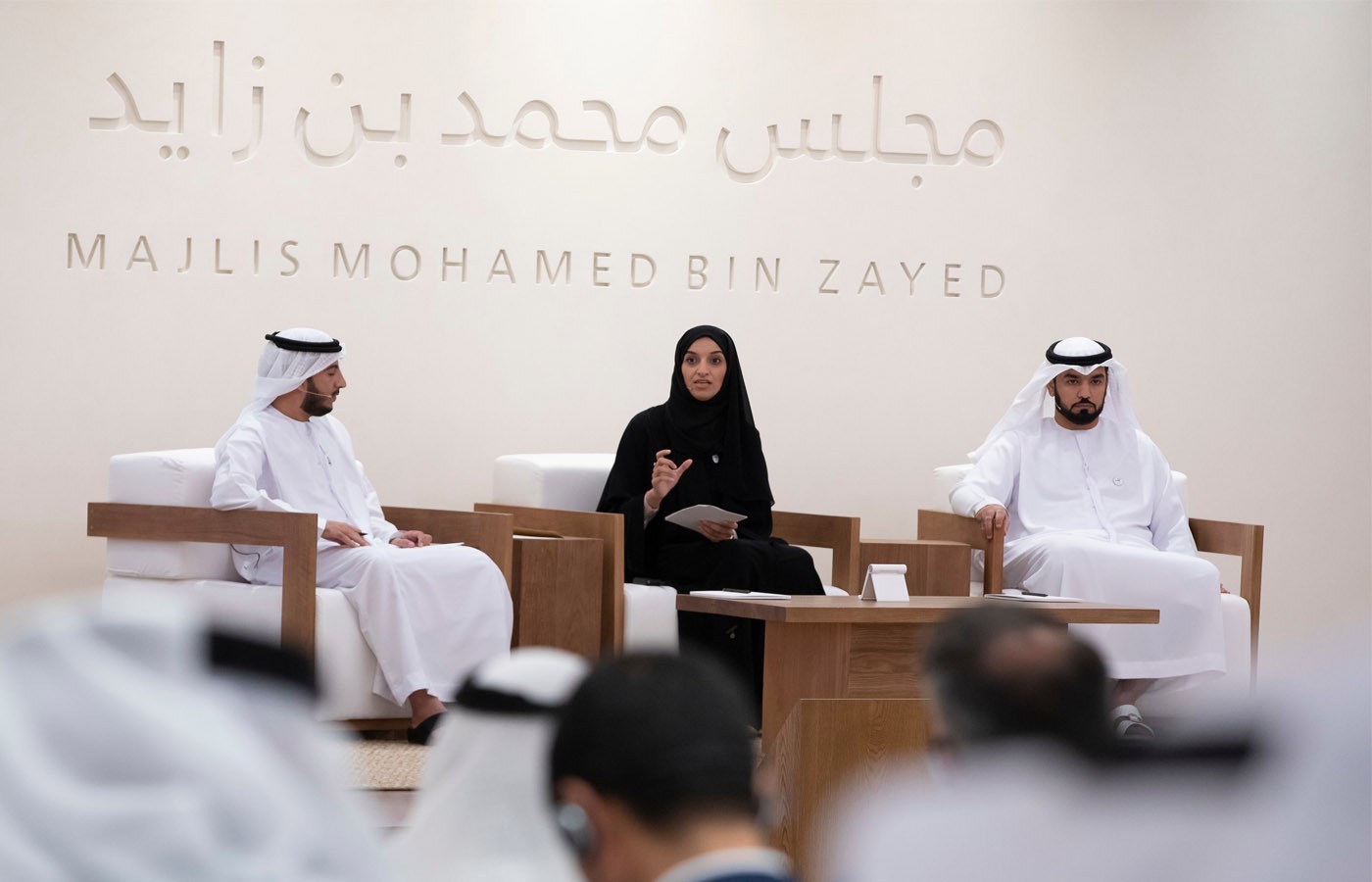
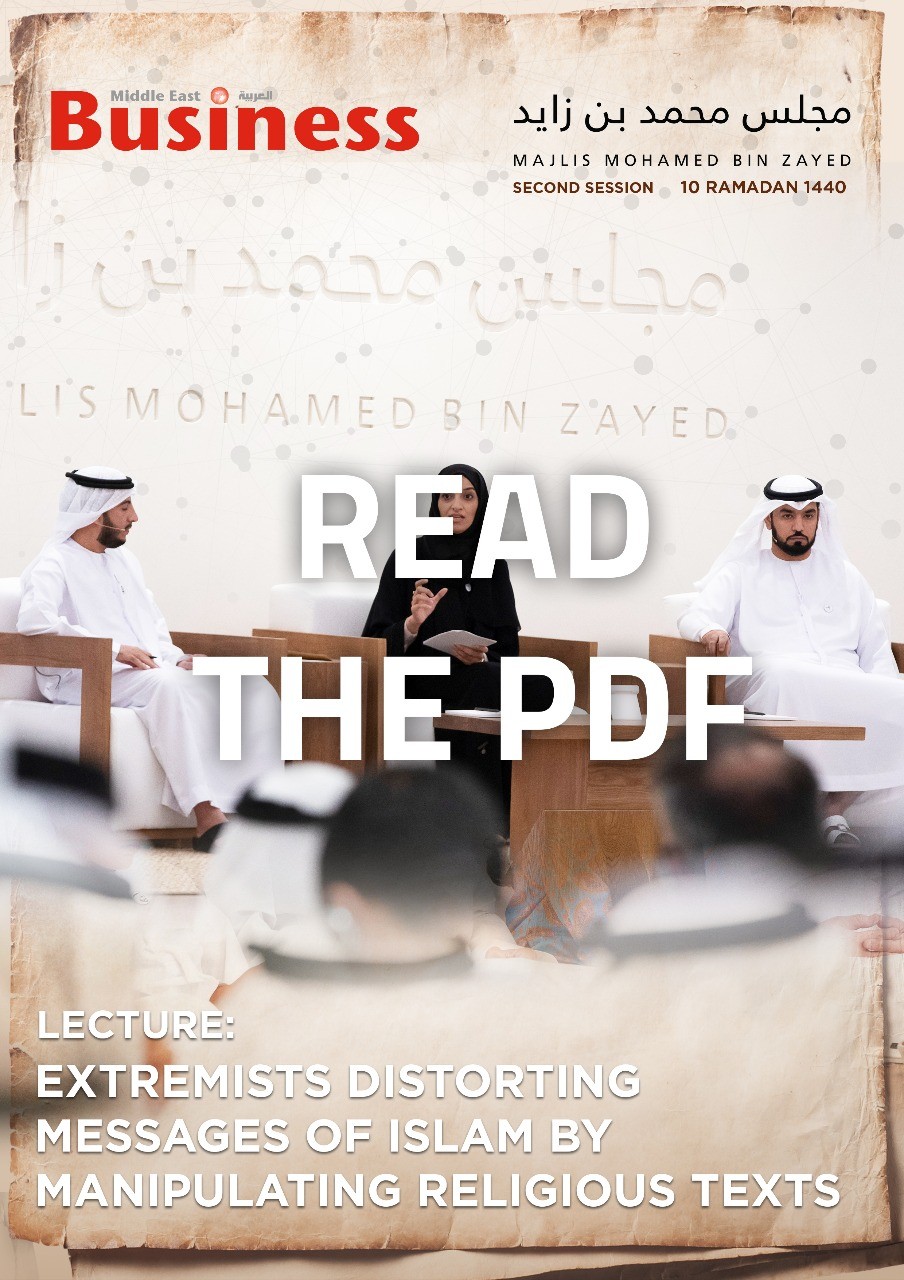
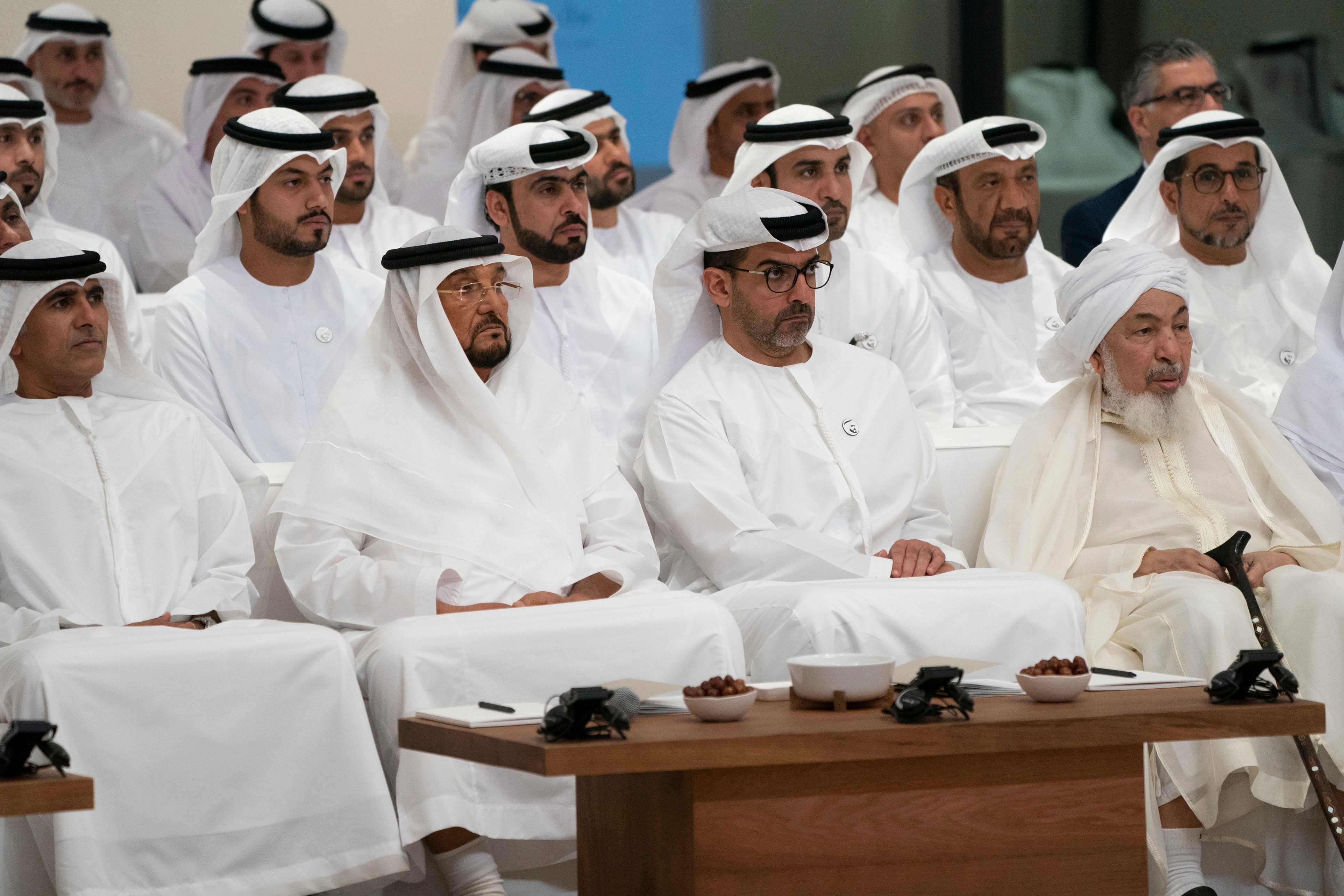
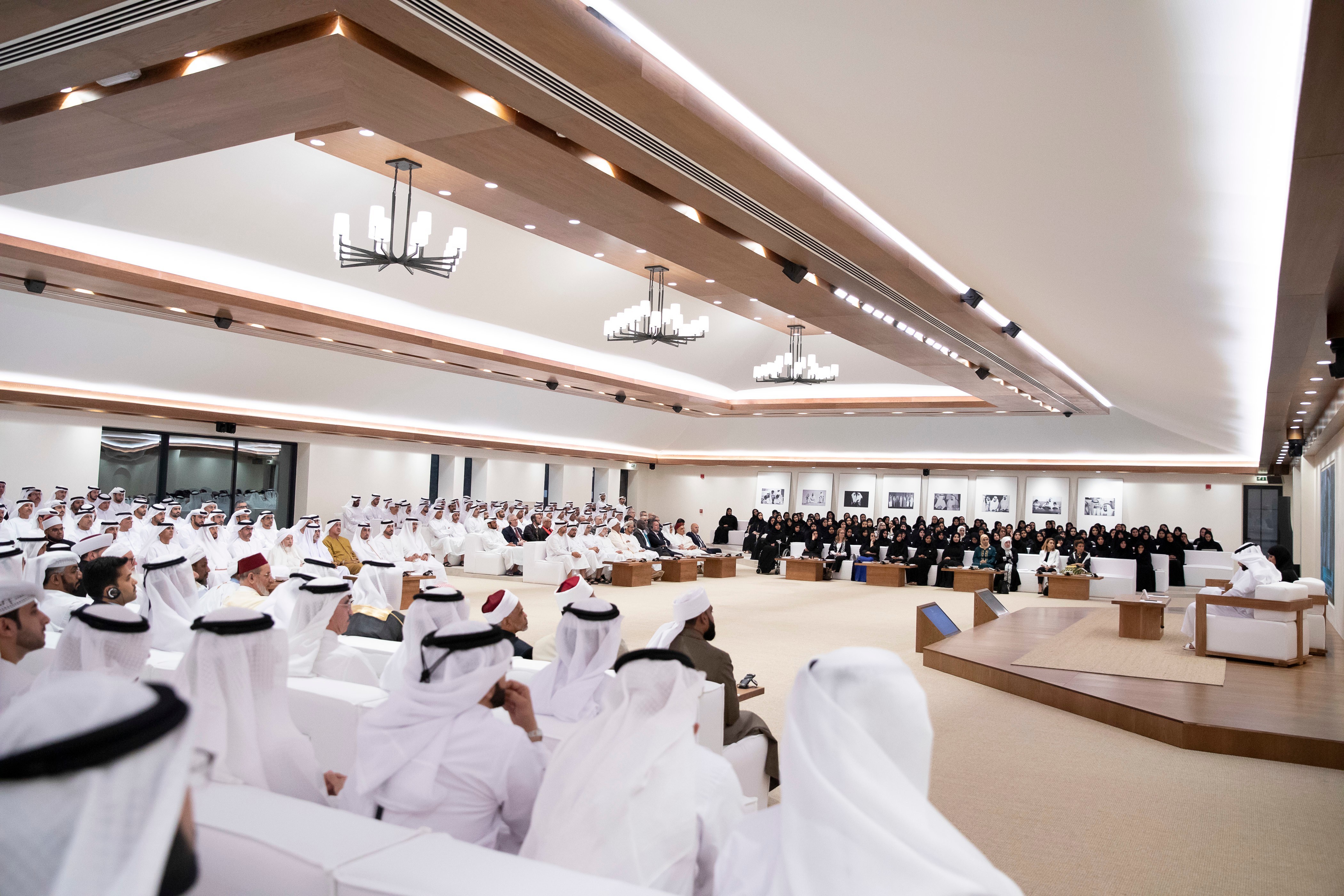
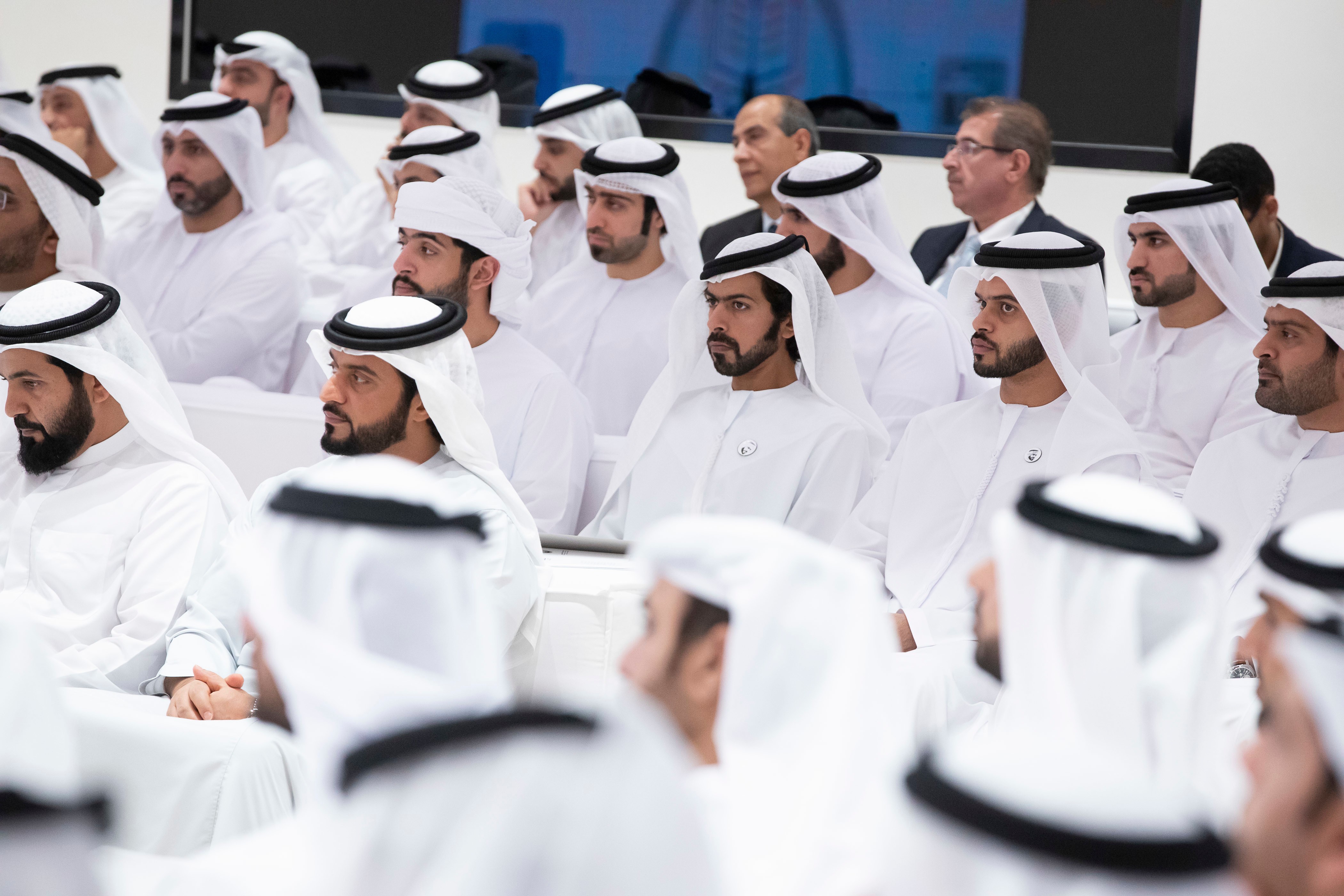
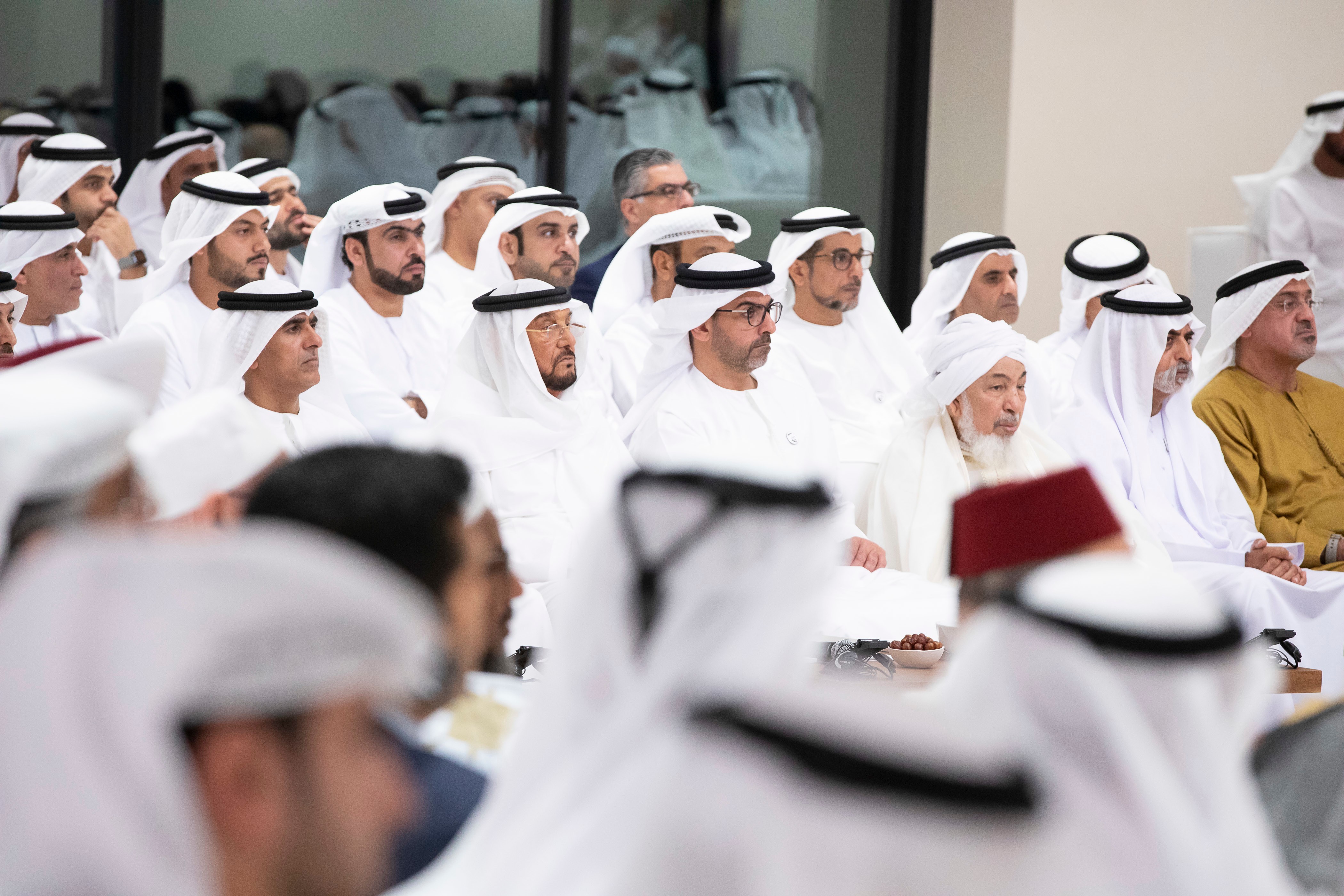 the understanding that hostilities would end the moment Mecca's polytheists ceased their aggression: "And if they incline towards peace, you should also incline towards it." Verse (8:61).
the understanding that hostilities would end the moment Mecca's polytheists ceased their aggression: "And if they incline towards peace, you should also incline towards it." Verse (8:61).




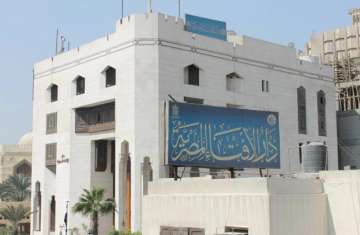
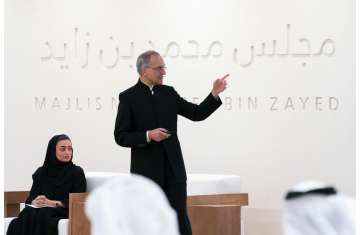
التعليقات